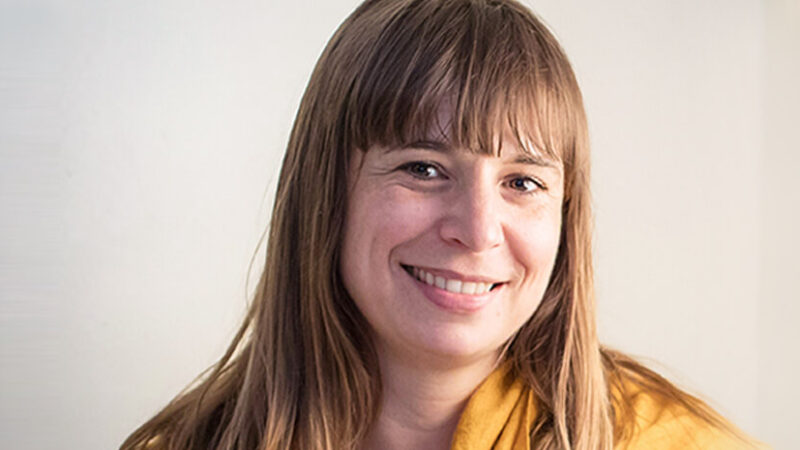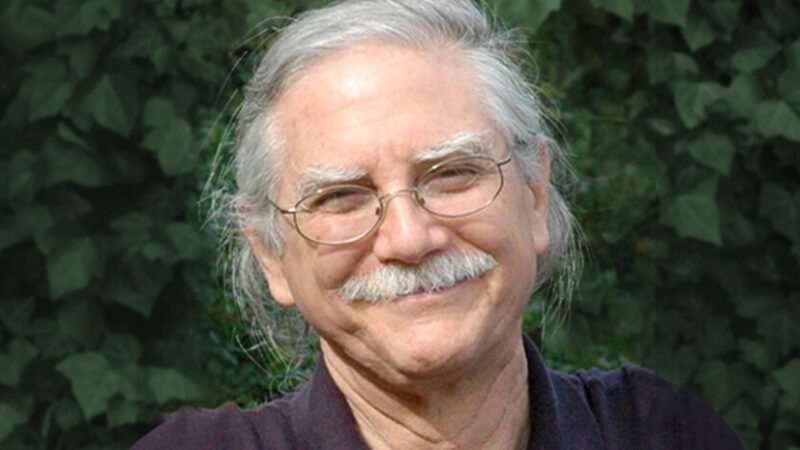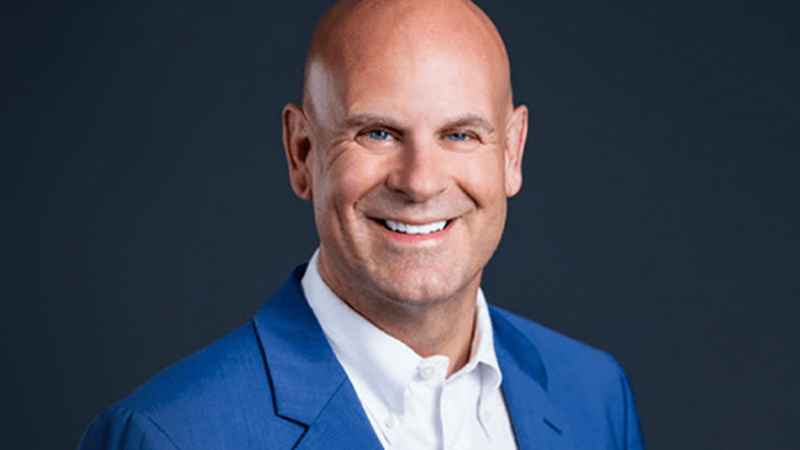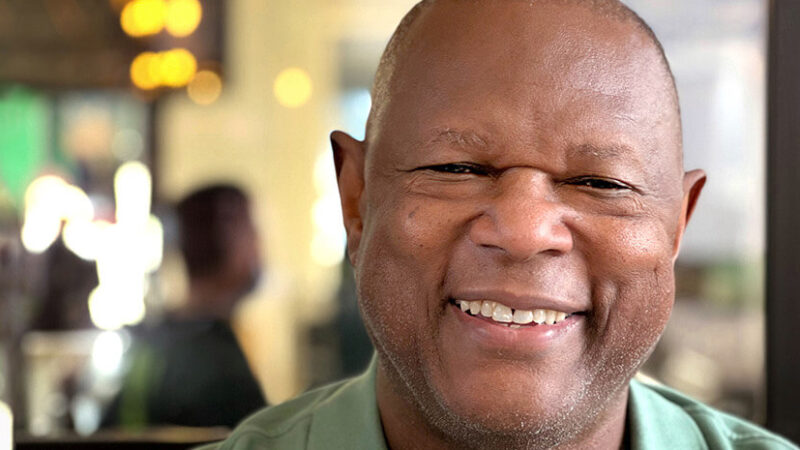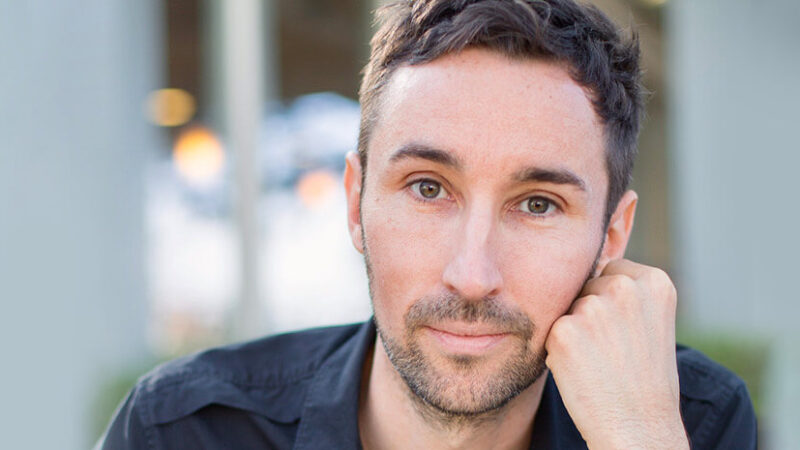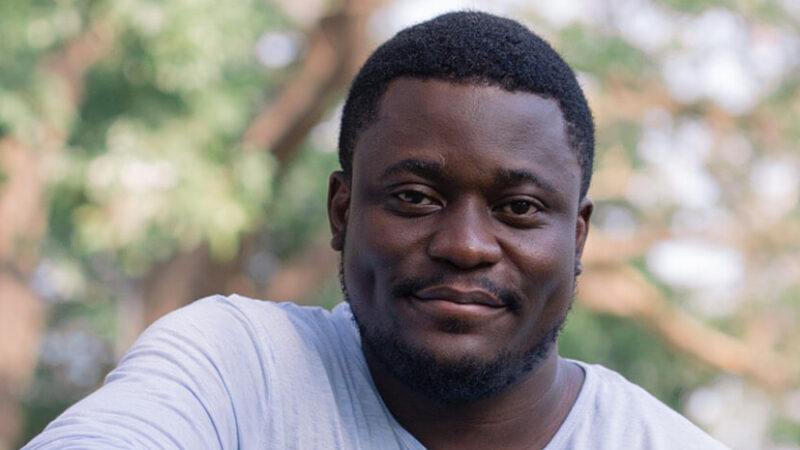How Do We Sustain an Open Heart?
Eve Ekman, PhD, MSW, is a senior fellow at the Greater Good Science Center. A skilled speaker, researcher, and group facilitator with experience working in emergency rooms and other health-care settings, she brings a unique background ideally suited to training individuals and organizations in the science of resilience, compassion, mindfulness, and emotional awareness. With Sounds True, she is coauthor (with Dacher Keltner, PhD) of the online program The Greater Good Training for Health Professionals.
In this podcast, Sounds True founder Tami Simon speaks with Dr. Eve Ekman about deepening our emotional awareness and developing our capacity to keep our hearts open, especially when working with others. Their conversation explores why some people experience burnout while others do not in the same situation; Eve’s work with her father on the Atlas of Emotions and its goal to help us calm the mind; the concept of emotion granularity; the practice of decentering to diffuse the power of an emotional experience; interoception and how it relates to being present; “unhooking from the narrative” when we find an emotion has been re-triggered; emotions as timelines that tell a story; the ongoing debate about the nature of anger; using technology as a force for good; sustainable empathy; emotional resonance and cognitive appraisal, and how these become a crucial juncture for empathy; repairing our health-care system while empowering those who work in it; what the research tells us about the importance of finding meaning; and more.
